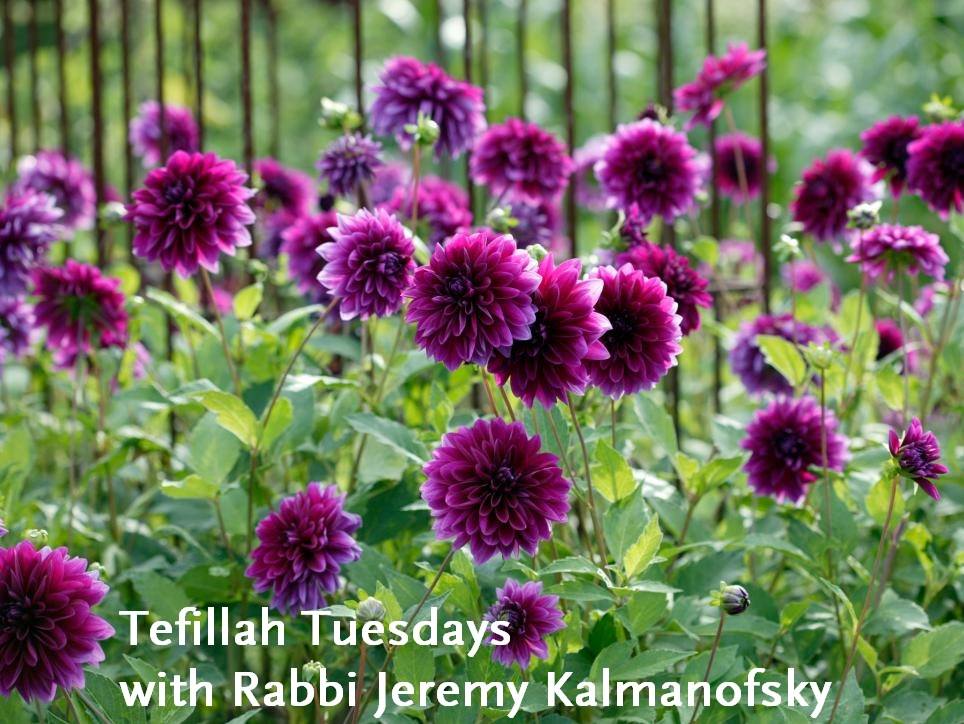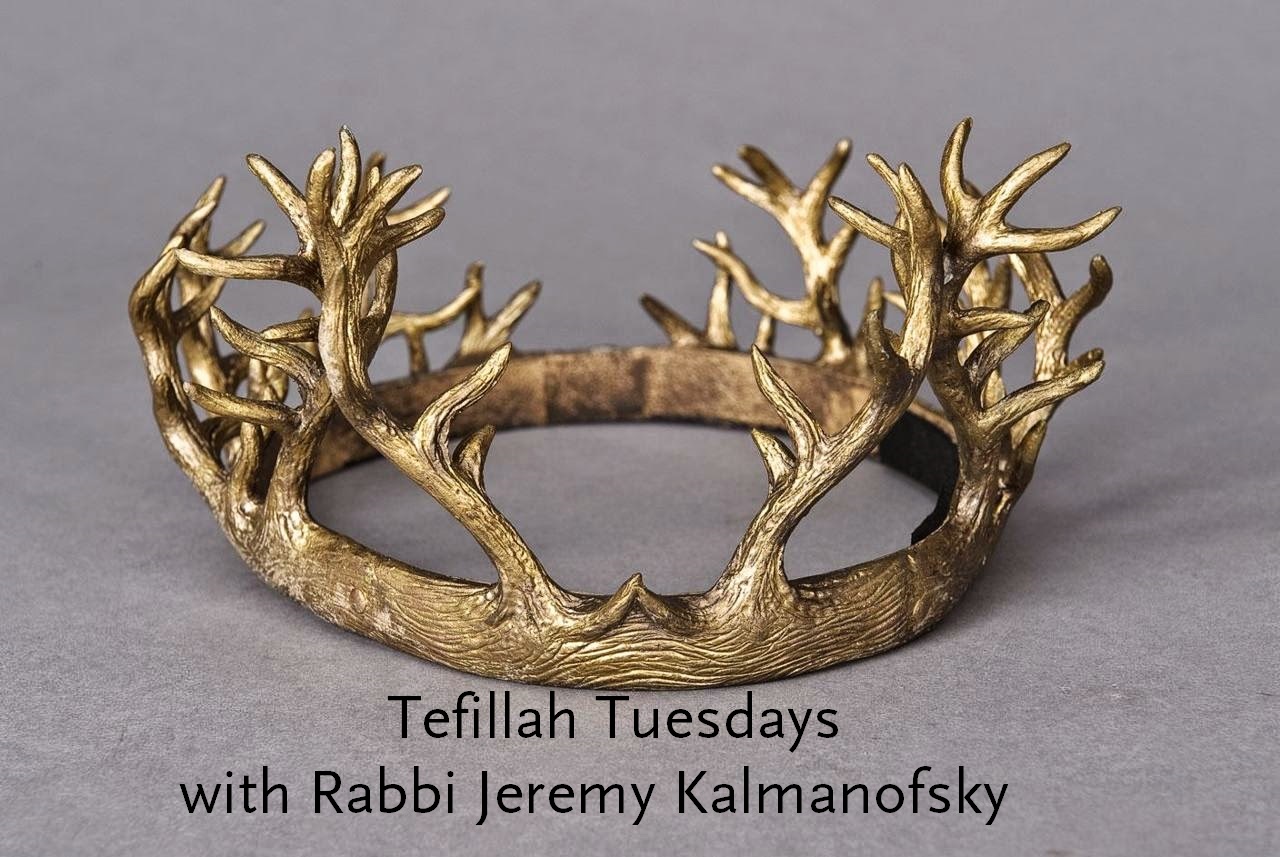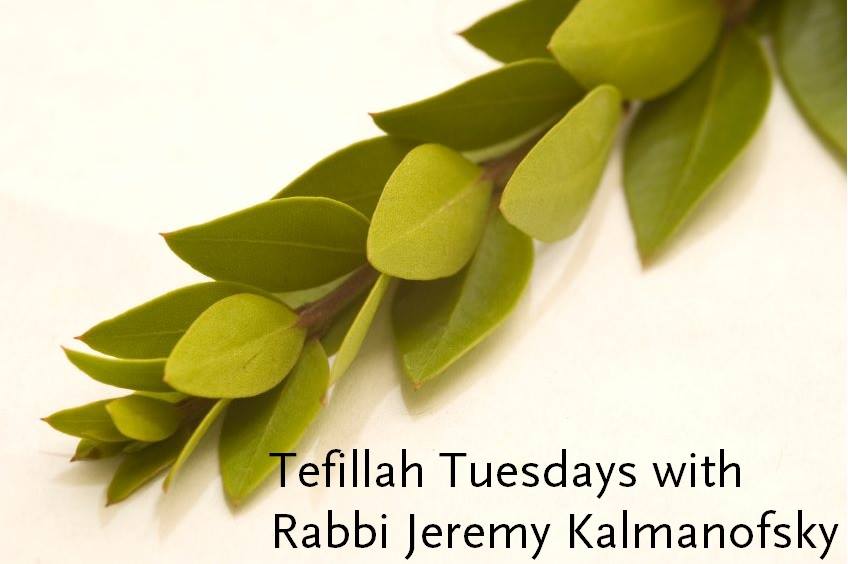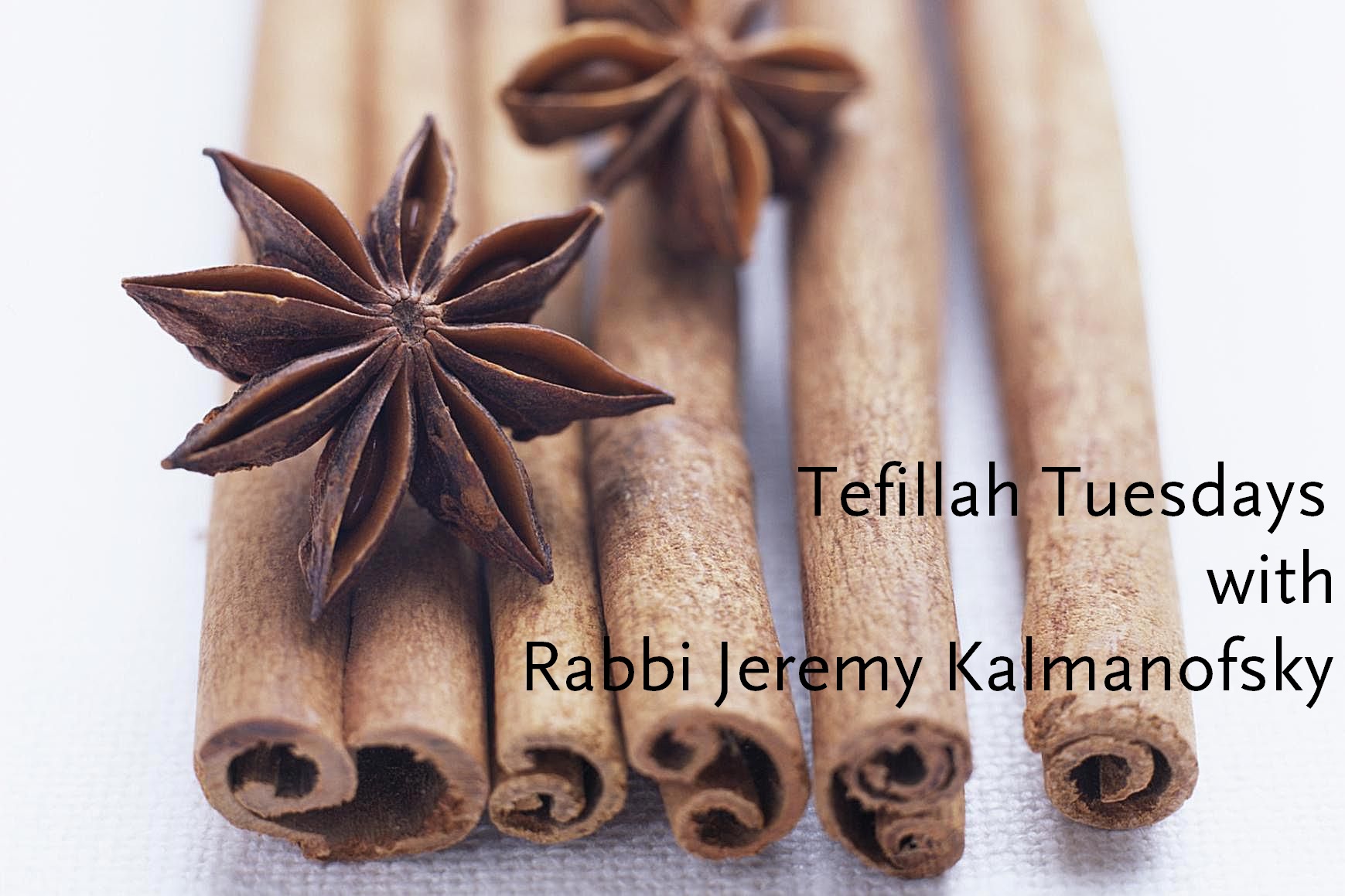Tefillah Tuesday: God of Self and Ancestors
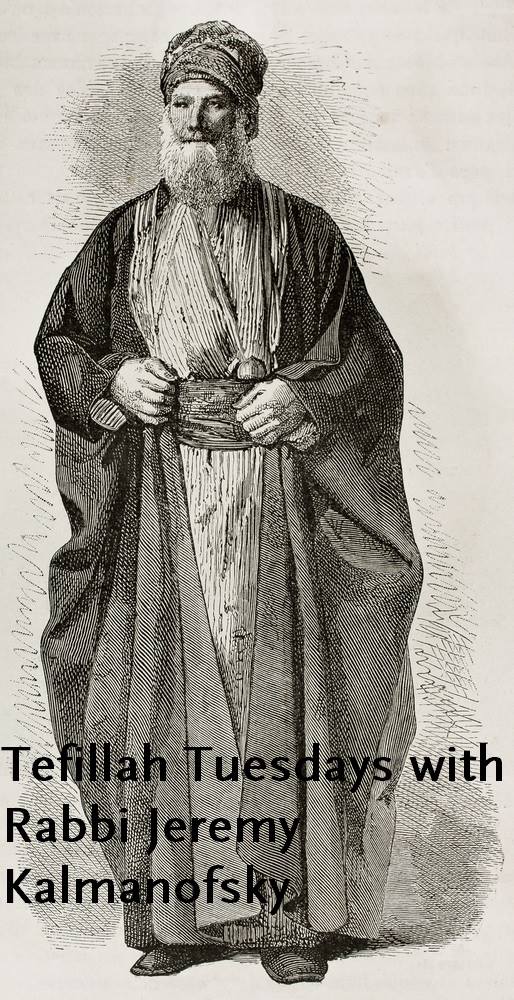
The Bible’s most common poetic maneuver is “parallelism,” in which a pair of phrases linked together for poetic affect. Often the two phrases are synonymous, repeating the same idea [e.g. Amos 5.24: “Let justice flow like water, righteousness like a mighty stream”]; others are antithetical, drawing a contrast [e.g. Proverbs 10.7: “May the memory of… Read more »




